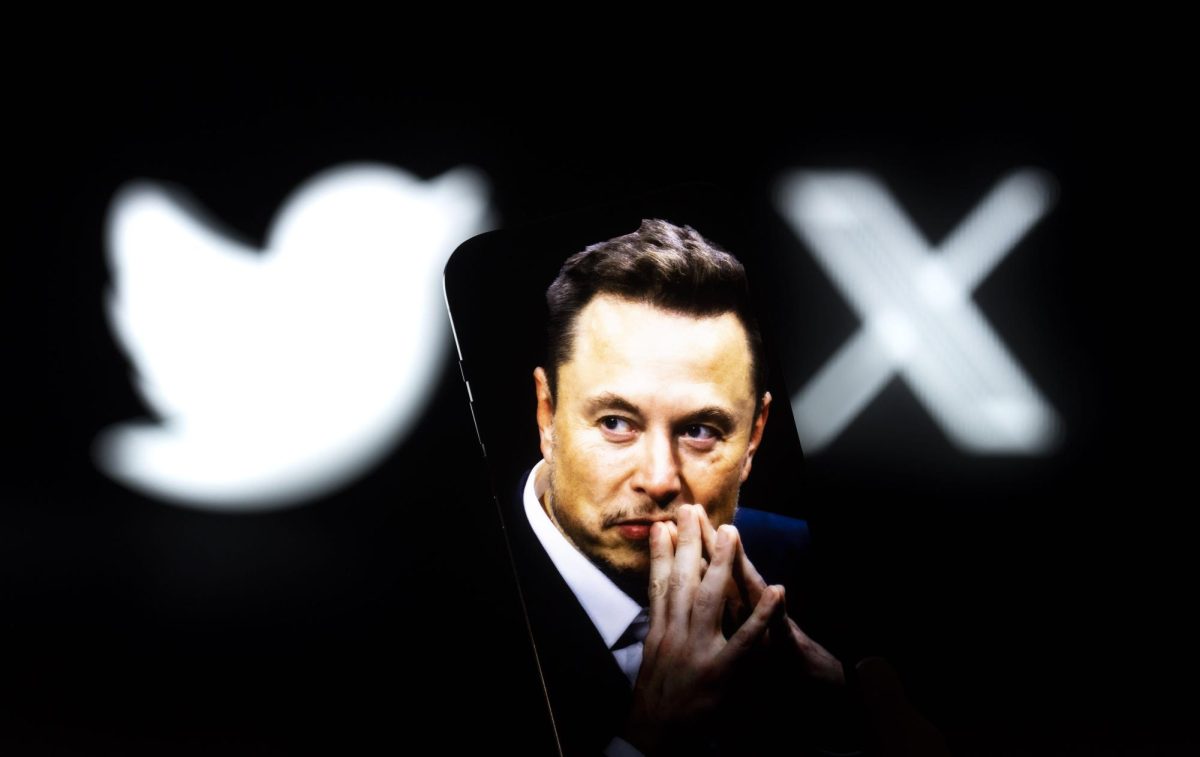Elon Musk recently drove X, formerly known as Twitter, into controversy by publicly endorsing an antisemitic conspiracy theory. This endorsement not only tarnished the tech giant’s public image but also fueled the flames of Jewish hatred in a world already contending with heightened tensions.
This particular conspiracy theory emerged as a response to an announcement from the group “Stand Up to Jewish Hate,” which dared those who preach antisemitic statements to stop doing so anonymously. The reply asserted that Jewish people are promoting “hatred against whites,” and that they “horde minorities” into Western nations. Musk caused chaos with a succinct six-word reply; “You have said the actual truth.”
This theory, commonly embraced by hate groups, was echoed by Robert Bowers, the convicted perpetrator of the 2018 Tree of Life synagogue massacre. Musk clarified that he does not believe this sentiment extends to all Jewish communities but singled out the Anti-Defamation League (ADL), accusing it of promoting racism against white people. ADL CEO Jonathan Greenblatt emphasized the danger of validating antisemitic theories, prompting condemnation from the White House, which labeled Musk’s promotion of such ideas as unacceptable and abhorrent. Through all these events, X did not respond to requests for comment.
In less than 24 hours of Elon Musk’s approving reply, The International Business Machines Corporation (IBM) paused its advertisements on X. Following suit, a cascade of major companies, such as Amazon, Disney, Coca-Cola, and over 200 others, either pulled or paused their advertising campaigns. The advertising companies expressed concerns not only about Musk’s antisemitic publications but also about their ads appearing next to white nationalist and Nazi content.
X is now facing a significant setback in its strongest quarter, traditionally marked by holiday promotions for Black Friday and Cyber Monday. The company’s Q4 report for 2021 recorded $1.57 billion in revenue, of which $1.41 billion came from advertising. Now, the company is on the road to lose $75 million in advertising revenue by the end of the year, with IBM already cutting off the $1 million in advertising spending that they would pay X for its fourth quarter.
Following the advertisement drops, Musk attempted to apologize for his antisemitic statements, stating that “if [he] could go back… [he] should in retrospect not have replied to that particular person…and [he] should have written in greater length as to what [he] meant.” However, he later lashed out at the companies that had pulled their advertisements from X, telling them to ‘screw’ themselves.
Musk acknowledged that an “advertising boycott” would ruin X but stated that he does not want the companies that already pulled their ads to return, as he does not want advertisements from businesses attempting to blackmail him. Striving to shift blame away from himself, he publicly blamed these companies for the potential destruction of the platform.
These events prompt the public to wonder how much longer X can survive under such a destructive executive chair & CTO, and how the company’s new CEO, Linda Yaccarino, will continue to defend Musk’s actions in the future.




